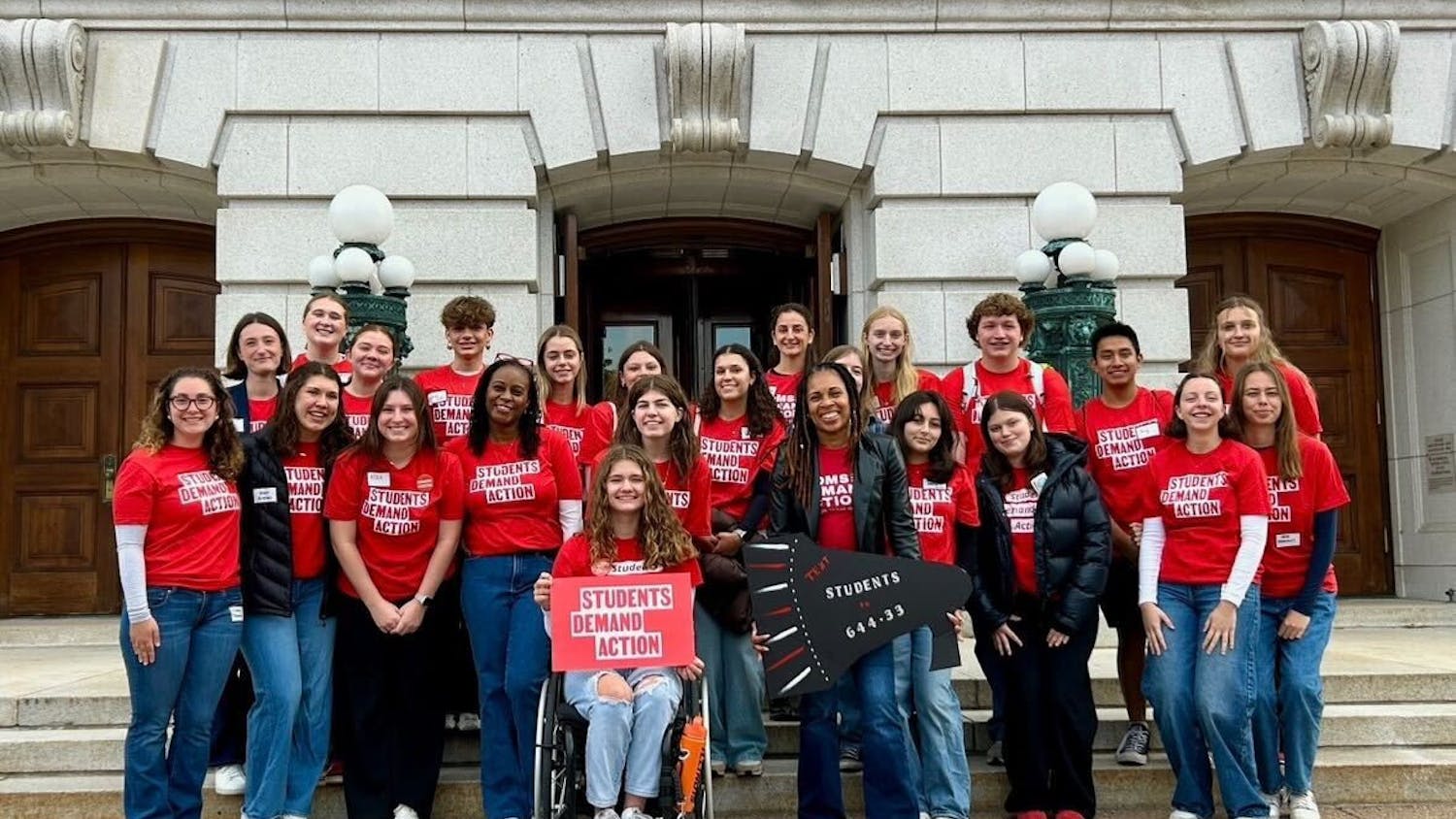Considering Wisconsin is widely known for its drinking culture, it is perhaps unsurprising that the state’s legal minimum drinking age has long been a subject of debate.
Prior to the 1970s, Wisconsin’s minimum drinking age was 21 years for over half a century in accordance with the 18th amendment of the constitution.
Then, in 1971, the 26th amendment was enacted. The amendment stated that “The right of citizens of the United States, who are eighteen years of age or older, to vote shall not be denied or abridged by the United States or by any State on account of age.” Although the amendment only explicitly mentioned voting rights, Wisconsin was one of 29 states to interpret the 26th amendment as a justification to lower the minimum drinking age from 21 to 18.
By 1972, Wisconsin had officially enacted the 26th amendment and 18-year-olds were free to consume alcohol. Former University of Wisconsin-Madison students from this time recalled how the new minimum drinking age affected the campus culture in an online forum. Respondents asked to stay anonymous due to legal precautions.
“I remember what fraternities were like at UW-Madison in the 80s; frat parties had open kegs and lots of people were eventually drunk and asleep or just lying on the floor,” a respondent said. “During Halloween in those days, you could walk around with a barrel or quarter barrel of beer in a shopping cart if you wanted to.”
Although alcohol consumption at UW-Madison was unrestricted as a result of this new legislation, some students ironically reported feeling more safe on campus.
“It was definitely a different time — insane levels of drunkenness but no feeling of malice or danger,” One respondent said. “I would walk down [State Street] alone, mill around for a few hours and walk a mile back home after midnight with no second thoughts at all.”
Unsurprisingly, the 18 year minimum drinking age faced scrutiny from Wisconsin and national lawmakers alike. Following the efforts of many legislators to increase the drinking age, Wisconsin Act 74 of 1983 changed the minimum age to 19. Shortly after, in 1984, President Ronald Reagan signed a law stating states would lose highway funding if they did not raise their minimum drinking age to 21.
Anthony Earl, the governor of Wisconsin at the time, initially resisted the political pressures to lower the drinking age. However, he ultimately gave in and raised the legal minimum drinking age to 21 on Sept. 1, 1986.
Because those who were 19 before Sept. 1, 1986 were “grandfathered” in, the new minimum drinking age went into full effect two years later in 1988. Despite this new legislation, some UW alumni remember attitudes toward underage drinking remaining relaxed.
“Those first few years when the drinking age went to 21 were a boon for fake ID producers,” A respondent said. “Those first IDs had no hologram, so you could pose in front of a huge version of a Wisconsin ID with a hole cut out for your head or just try and make one at a copy shop and laminate it.”
Notably, state law in Wisconsin permits individuals under 21 to consume alcohol with the consent of a parent, guardian or spouse. Although individual bars and establishments may choose whether to serve underage customers or not, there is no official “minimum drinking age” for those with the permission of a guardian.
To this day, disagreements about the proper minimum drinking age continue. Proponents of lowering the minimum age point to more responsible drinking habits and lower alcohol-related fatalities in countries with a drinking age of 18, while supporters of the current laws believe that allowing younger individuals to drink will have precisely the opposite effect. If Wisconsin’s own history is any indication, heated debates over the proper drinking age are likely to persist.






